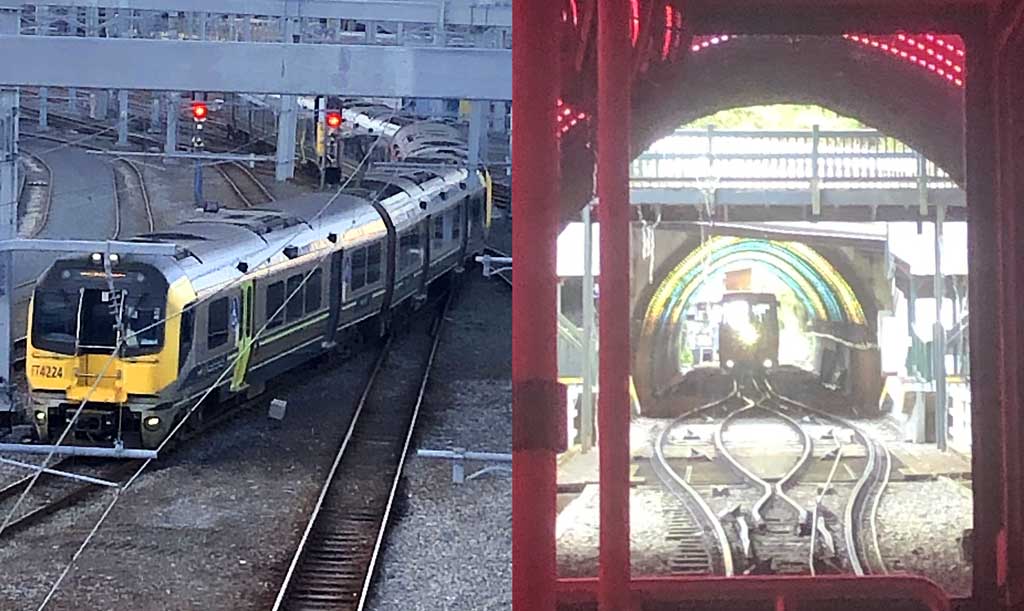Welcome to Transport Futures
Transport Futures Limited is a New Zealand based transport planning consultancy.

Work undertaken
- Multi-modal analysis for areas and corridors.
- Transport assessment and strategy development.
- Demand forecasting and network modelling
- Business case analysis and economic appraisal
- Research and expert witness
- Peer review
Clients
- Government Ministries and Agencies
- Regional Councils and Territorial Authorities
- Public Bodies
- Transport Operators
- Developers
- Consultants
